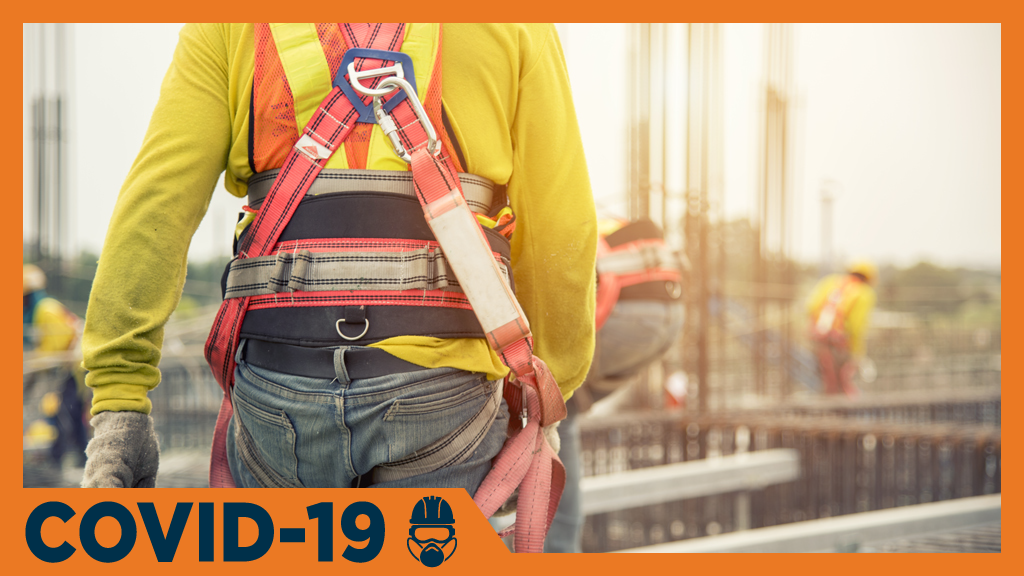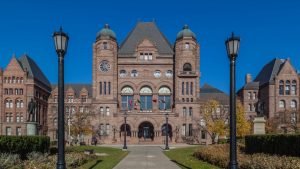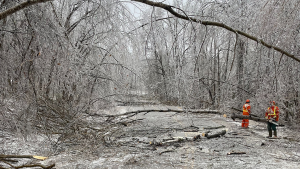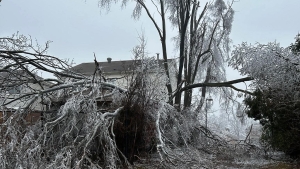This is the second of a two-part series examining the construction industry’s reaction to the Ontario government’s May 14 announcement to lift the essential construction restrictions that were imposed during the COVID-19 pandemic and allow the resumption in all sectors starting May 19. This article explores how residential construction stakeholders view the resumption of work in the sector and what changes may need to be made in the future.
A post-COVID-19 world is going to look vastly different for residential construction in Ontario, say industry leaders in the sector, with a willingness for change being instrumental in order to meet new challenges.
“When the industry reopens fully, the plan application, permitting and inspection process is really going to have to work in lockstep with the industry and support the industry,” explained Richard Lyall, president of the Residential Construction Council of Ontario.
“The big thing now is they (municipalities) are really going to be motivated to do that given the need for economic activity and what municipalities are going through with respect to their coffers. This is going to open the door for needed modernization of certain systemic processes and going paperless in aid of distancing. There are safety considerations alone that make it necessary. This is the story that is going to start unfolding now.”
The industry that was permitted to work during the pandemic fared relatively well, he added, with a low number of COVID-19 cases on jobsites.
Municipalities have experienced a cash crunch and they may not proceed with their full list of projects,
— Andy Manahan
Residential and Civil Construction Alliance of Ontario
When the pandemic began to escalate Premier Doug Ford announced in late March that much of the construction sector was considered essential, such as projects associated with health care, transportation and transit, as was “construction work and services, including demolition services, in the industrial, commercial, institutional and residential sectors.” The list was pared down when safety concerns arose. Over the past six weeks, the government has slowly added to the list of permitted projects, eventually opening it up completely on May 19.
“I was aware how well our industry has performed, so to my mind there was no reason not to open the rest of the construction industry and construction is just so critical for the economy,” said Lyall, adding workers are also eager to get back to work and earn a living.
“It’s vitally important to keep housing construction going because we had a housing crisis, still do, and time lost in the production process cannot be made up.”
He also spoke about the safety protocols with respect to hygiene and sanitation on jobsites that have been put in place.
“We developed the protocols and implemented them on the work that has been performed. The one thing I am stressing is that we’re going to continue doing that,” said Lyall.
“As things open up and the numbers keep going down, we are going to have to make sure these protocols remain in place because we are going to have another wave of this virus in the fall, we just don’t know exactly when. I’m confident that now that we have these protocols in place, we’re working with them, we have been successful with them, providing we maintain our discipline, we will be able to work right through another wave in our industry.”
Andy Manahan, executive director of the Residential and Civil Construction Alliance of Ontario (RCCAO), said he expects there will be greater market uncertainty in the commercial sector than in the residential sector.
“Those private sector investors that were thinking about building a commercial plaza or suburban office building, they’re going to having second thoughts about that because of COVID,” Manahan explained.
“I’m not saying that everything is going to be smooth sailing for residential, but certainly lowrise, compared to highrise, I think there will be more certainty.”
With respect to infrastructure, municipalities may not be able to proceed with planned projects right away, said Manahan.
“Municipalities have experienced a cash crunch and they may not proceed with their full list of projects until some of that federal or provincial stimulus funding is received,” he explained.
Since oil prices are down, prices for asphalt are also down which translates to lower prices for roadwork, he added.
“It’s an ideal time to do roadwork,” Manahan said. “What better time to do that kind of work when there are relatively few people on the road compared to pre-COVID.”
Joe Vaccaro, CEO of Ontario Home Builders’ Association, said the association supports the Ford government’s decision to resume all construction activities at this time.
“The reactivation of construction and renovations for both residential and non-residential means the industry can work through the short Canadian construction season and deliver the keys to businesses waiting for their new work spaces and thousands of families waiting for the keys to their new homes,“ he said in a statement.
Follow the author on Twitter @DCN_Angela.











Recent Comments
comments for this post are closed